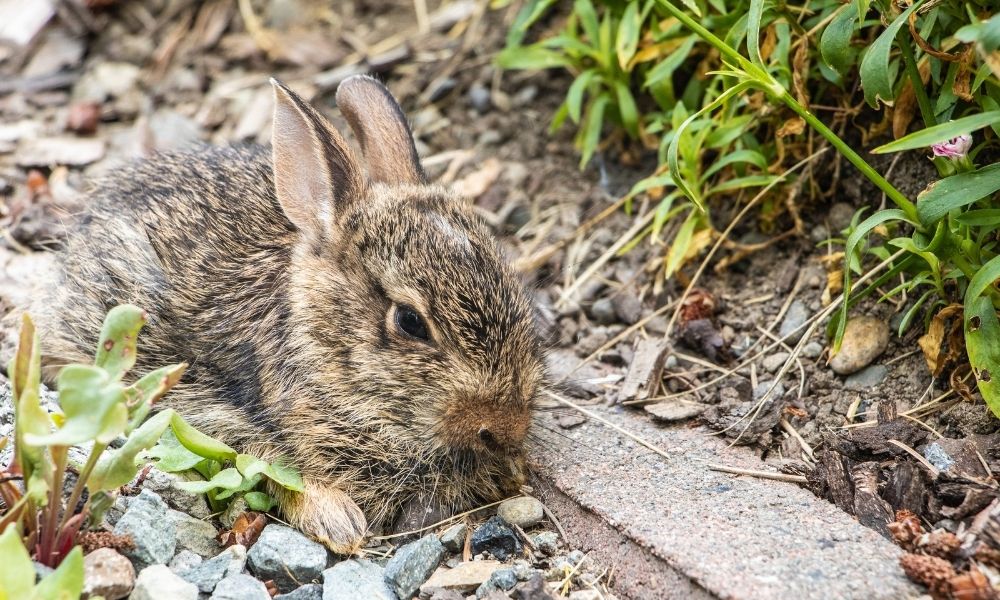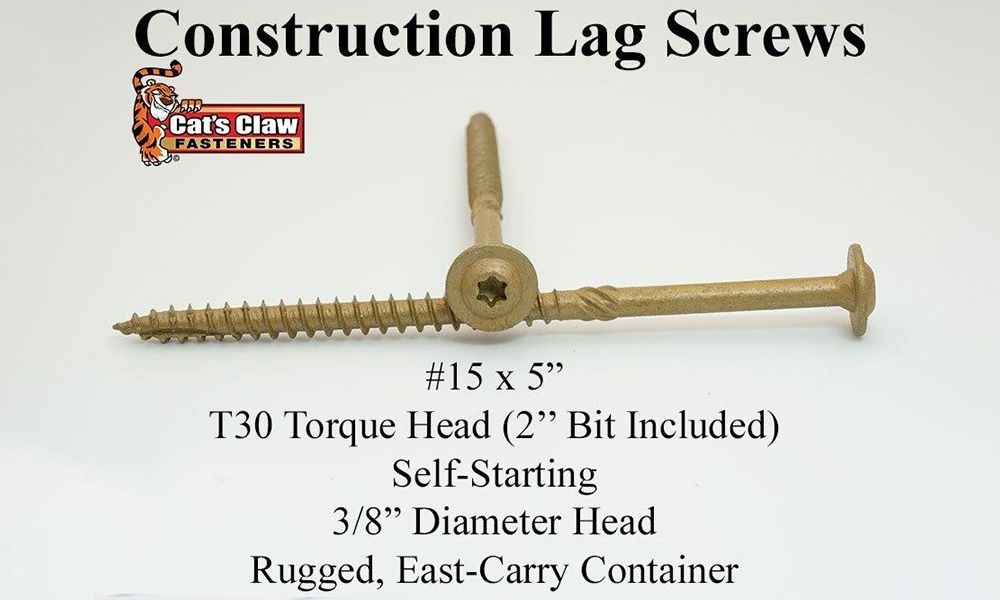Rabbit farming (also known as cuniculture) is a developing agricultural industry. It entails the breeding and care of rabbits for a variety of uses, including the production of meat, fur, and pets. Due to its low entrance barrier, great production, and profitability, rabbit farming is becoming more and more common throughout the nation. Let’s zoom into the Philippines for this post, and examine the fundamentals of rabbit farming in this blog post, as well as its advantages, difficulties, and growth potential.
Benefits of Rabbit Farming
For farmers in the Philippines, raising rabbits offers a number of advantages. One of the key benefits is that—compared to other livestock such cows or pigs—rabbits are relatively simple to care for and require less room and money. Additionally, they are prolific breeders, which enables them to quickly produce large numbers. Farmers can boost productivity and swiftly scale up their operations.
There’s plenty of demand for rabbit meat in the Philippines as well. In many regions of the nation, rabbit meat is prized as a delicacy and is frequently used as an element in regional cuisine. Because it contains less fat and cholesterol than other meats (like hog and beef), it is also a healthier option for customers who are concerned about their health.
Challenges of Rabbit Farming
Although there are many benefits to rabbit farming, there are also several challenges that farmers must overcome. One of the main challenges is the lack of knowledge and expertise in rabbit farming. Many farmers in the Philippines are not familiar with the proper techniques and practices for raising rabbits, which can lead to low productivity.
Lack of access to markets for products derived from rabbit fur and skin is an additional problem. Considering the great demand for products composed of rabbit meat and fur, many farmers have trouble finding consumers for their goods. The majority of rabbits offered on the market come from large, high-quality breeders, and the result is a surplus of inventory and a loss of money. To get access to local and international markets, farmers need to be sure that their products adhere to the necessary standards for quality and safety.

Potential for Growth
Despite the difficulties, there is a lot of room for expansion in Philippine rabbit farming. Farmers have a substantial market opportunity thanks to the country’s rising demand for rabbit meat and fur goods. Through a number of initiatives and programs, like the Livestock and Poultry Program, which offers farmers financial aid and training, the government also supports the rabbit farming business.
Rabbit farming offers the potential to produce high-quality meat and fur products. By implementing better feeding and nutrition plans, rabbit farmers can ensure that their rabbits grow healthily and develop superior products. Providing a balanced diet rich in essential nutrients, such as fiber, protein, and vitamins, is crucial for the overall health and wellbeing of rabbits. High-quality meat is achieved when rabbits are raised on a diet that promotes muscle development and minimizes fat content. Similarly, a well-nourished rabbit will have a soft and lustrous fur, which enhances the value of fur products. To achieve these desirable features, farmers may invest in better genetics and adopt contemporary agricultural methods and practices to maximize profitability.
In order to boost the value of their products and open up new markets, farmers should also look into value-added items like pet breeding and accessories made of rabbit fur. The government is also marketing rabbit meat as a healthier alternative to other meats, which should give a lateral boost across businesses great and small.
Supporting Rabbit Farmers
Rabbit farming presents a promising opportunity worldwide. Countries like China, for instance, have embraced the industry and are leading in rabbit meat production, with their expertise in large-scale farming operations. France is renowned for its high-quality rabbit fur products, and Italian farmers have successfully integrated rabbit farming into their diversified agricultural practices. In the USA, small-scale rabbitries cater to niche markets, supplying high-end restaurants and specialty stores. Despite challenges, with the right knowledge, support, and modern practices, rabbit farming can be a profitable and sustainable venture for farmers across the globe. Its growing demand for meat and fur products indicates a bright future for this agricultural endeavor in multiple countries.
We love hearing from you! Get in touch with Cat’s Claw Fasteners for any questions and reach out to our Head Cat Collector, Chava, by email at chava@catsclawfasteners.com. Stay updated with our blog posts and follow us on Facebook, Instagram, Pinterest, and Youtube for more!
About the writer:

Ralph Lim
Ralph is from the Philippines, where he leads a dual life as an application support by day and a freelancer by night. When he’s not working, he dedicates his time to giving back to his community through volunteer work. Ralph is also a firm believer in the beauty and importance of agriculture, and he does his best to spread awareness about its significance. Despite his busy schedule, Ralph never loses his optimistic outlook and positive attitude, always spreading joy and good cheer wherever he goes. He strives to maintain his happy-go-lucky demeanor, keeping his spirits high and his outlook bright.
Read Next: Best Practices When Building a Fence for Hogs

.png)









